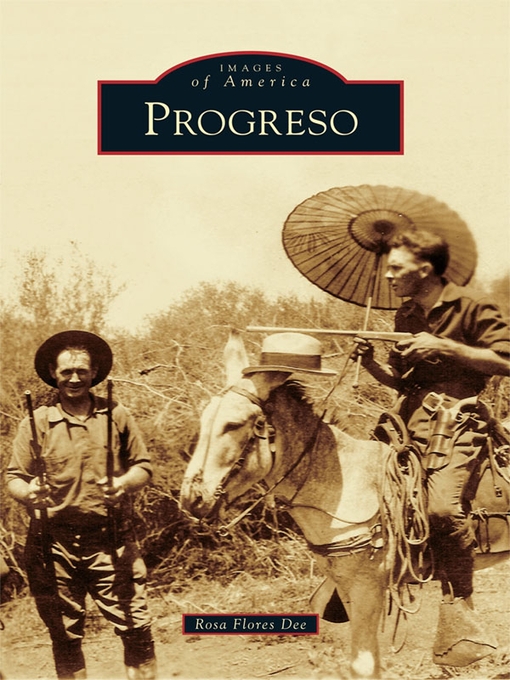Spanish for "progress," Progreso is famous for the millions of tourists, known as "Winter Texans," who drive through the town to visit Mexico. Rumor has it that Al Capone did the same thing during Prohibition. Perhaps the first visitor captivated by the Rio Grande was Juan Jose Hinojosa, as he asked the Spanish crown for rights to the land that is now Progreso on July 4, 1776. But it was Florencio Saenz, founder of the iconic Toluca Ranch, who requested a U.S. post office in 1896. Connecting to the Spiderweb Railroad in the 1920s gave the town a short-lived commercial farming boom that attracted prominent investors. In the late 1940s, though, two disastrous freezes killed the citrus industry, and farmers switched to vegetables and cotton. After the Progreso International Bridge was built in 1953, growers gained access to the Mexican market, an advantage that continues to attract people to this small town along the Rio Grande.
- Available now
- New eBook additions
- New kids additions
- New teen additions
- Most popular
- Try something different
- See all
- Available now
- New audiobook additions
- New kids additions
- New teen additions
- Most popular
- Try something different
- Audiobooks for Your Commute
- Read by a Celeb!
- See all

